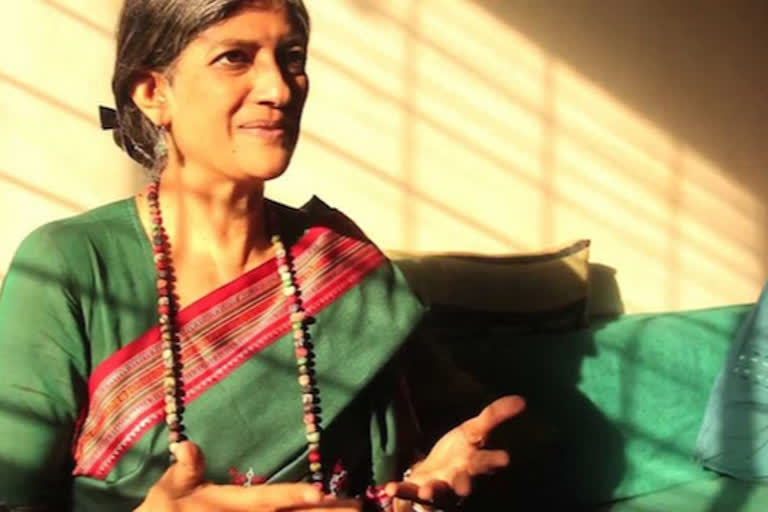New Delhi: Empty roads, closed shops and bazaars, vacant airports, bus-stations, closed schools…it is almost a doomsday scenario. What may follow are food scarcities, unpaid EMIs stacking up.
Caught between the devil and the deep sea, India faces a situation it had never faced before. On one side is the scourge of coronavirus that is threatening to explode, and on the other side is the ongoing recession that has been badly battered by the virus epidemic.
In other words, we have to fight two types of recession at the same time—one caused by economic factors and another a contagion-driven recession. In the former, a slowdown of demand is the main cause while in the impending contagion-driven recession, people abruptly disappear from the market and workplace thus affecting growth. That is the situation in India (and elsewhere) now.
The crisis is further accentuated by a lack of economic models to emulate in such scenarios.
According to Jayati Ghosh, one of India’s foremost development economists, poor workers from the informal and unorganized sector, could be the veritable means to overwhelm the heightening calamity.
While speaking to ETV Bharat, Ghosh said, “The government must take immediate steps to protect informal workers, who constitute about 90 per cent of all workers, and their families. This is essential not just to prevent economic devastation but also to reduce the spread of the disease since the need to feed their families will drive workers to desperate measures and not enable them to practise the physical distancing required.”
And what steps can the government take?
“The urgent measures are free food rations which can be done given the abundant food grain supplies with the government, ensuring adequate supplies of clean water and soap, especially in congested urban slums and similar areas, and income support to those affected. To start with, income support can be provided to Jan Dhan account holders, to those registered with MNREGA, to those receiving the (usually pathetic) pensions, etc.
